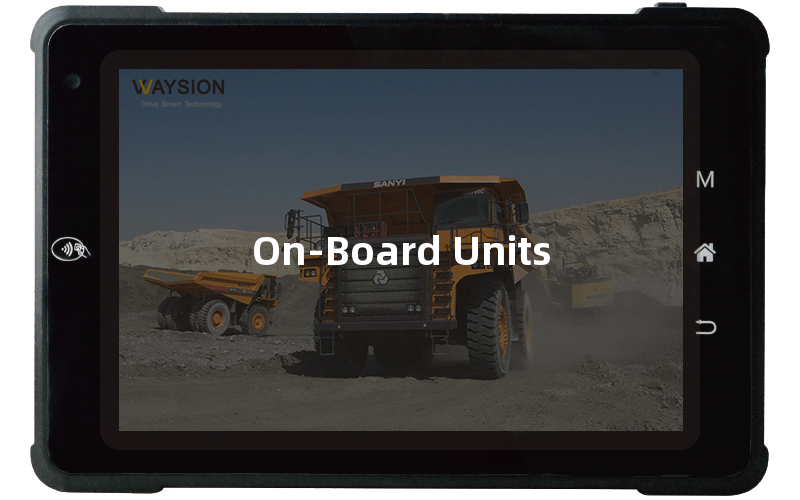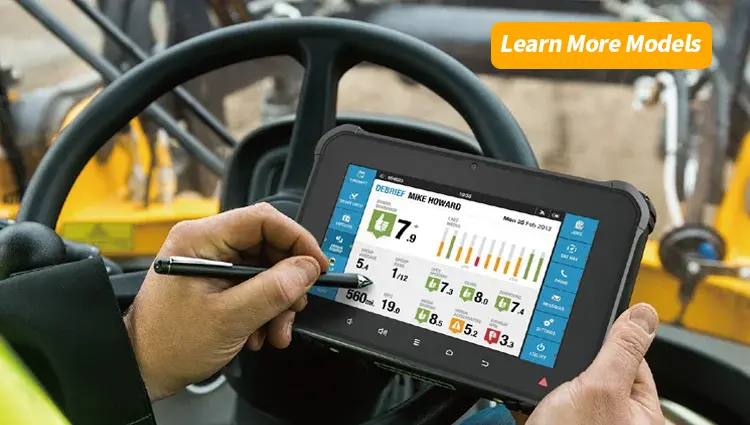Unveiling the Power of On-Board Units (OBU) in Modern Vehicles
In the dynamic landscape of modern automotive technology, On-Board Units (OBUs) stand as silent yet indispensable heroes. These compact devices, nestled within vehicles, are far more than mere accessories; they are the nerve centers of contemporary transportation systems. From enhancing safety and efficiency to revolutionizing the driving experience, OBUs are the unsung champions of automotive innovation.

The Functionality of On-Board Units
Integrating Intelligence into Mobility
At the heart of every OBU lies a sophisticated amalgamation of hardware and software designed to orchestrate an array of critical functions. Equipped with GPS receivers, cellular modems, and advanced processors, OBUs serve as the brains behind modern telematics systems. Through seamless integration with vehicle systems, they facilitate real-time data transmission, enabling fleet managers and drivers to monitor performance metrics, track locations, and optimize route planning.
Enhancing Safety on the Road
In an era characterized by a relentless pursuit of safety, OBUs emerge as formidable allies in safeguarding both drivers and pedestrians alike. By leveraging a plethora of sensors and communication protocols, these intelligent devices enable proactive collision detection, lane departure warnings, and adaptive cruise control. Moreover, OBUs play a pivotal role in emergency response scenarios, swiftly relaying vital information to authorities in the event of accidents or breakdowns.
Empowering Efficiency and Sustainability
Beyond their safety-centric functionalities, OBUs play a pivotal role in fostering sustainability and operational efficiency within the transportation ecosystem. By harnessing data insights gleaned from vehicle diagnostics and performance analytics, fleet operators can optimize fuel consumption, mitigate emissions, and minimize operational costs. Furthermore, OBUs facilitate dynamic routing and congestion management, thereby alleviating traffic congestion and reducing environmental footprint.
The Evolution of On-Board Units: Towards a Connected Future
Embracing Connectivity and Interoperability
As the automotive landscape continues to evolve, the role of OBUs is poised to transcend traditional boundaries, embracing a future defined by seamless connectivity and interoperability. With the advent of 5G technology and the Internet of Things (IoT), OBUs are poised to emerge as integral components of interconnected ecosystems, facilitating vehicle-to-vehicle (V2V) and vehicle-to-infrastructure (V2I) communication protocols. By fostering a cohesive network of intelligent transportation systems, OBUs are set to redefine the very fabric of mobility.
Navigating the Regulatory Landscape
In tandem with technological advancements, the proliferation of OBUs necessitates a nuanced understanding of regulatory frameworks governing data privacy, cybersecurity, and compliance. As custodians of sensitive information, stakeholders must prioritize robust cybersecurity protocols and adhere to stringent regulatory mandates to safeguard consumer trust and mitigate potential liabilities. Moreover, collaboration between industry stakeholders and policymakers is paramount to fostering an environment conducive to innovation while ensuring regulatory compliance.
Conclusion: Embracing the Promise of On-Board Units
In conclusion, On-Board Units (OBUs) epitomize the convergence of technology and mobility, heralding a future defined by safety, efficiency, and connectivity. As catalysts of change, OBUs pave the way for a new era of transportation, where vehicles transcend their traditional roles to become intelligent, interconnected entities. By harnessing the transformative power of OBUs, we embark on a journey towards a safer, more sustainable future, where innovation knows no bounds.








